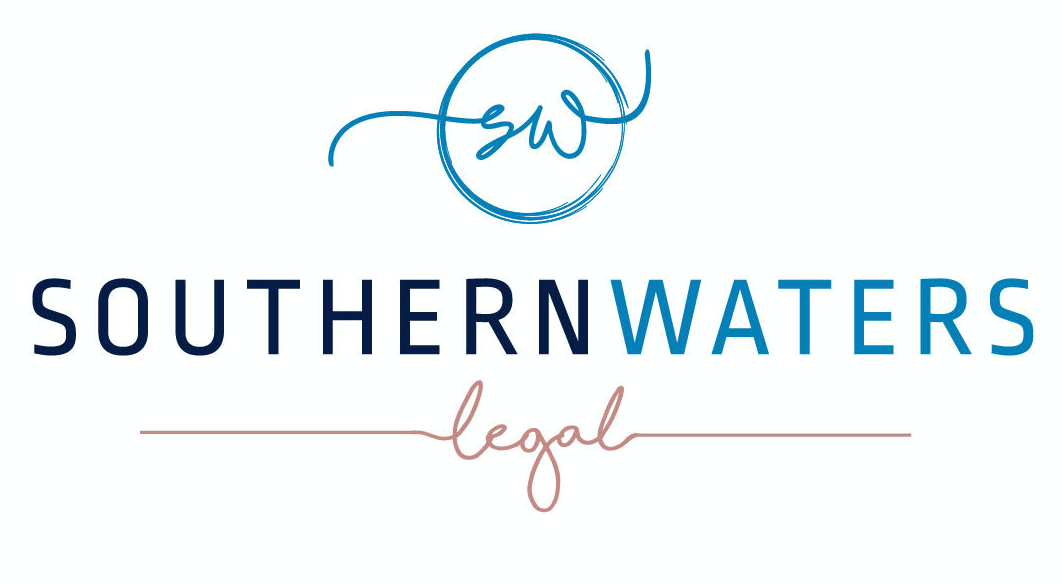Are casuals entitled to annual leave and personal leave in 2021?

Traditionally, employees were grouped by employers as either “permanent” or “casual”. Typically, casual employees enjoyed less security and certainty regarding their hours of work and could not access any personal leave or annual leave. As a result, they enjoyed a higher rate of pay per hour (“casual loading”) than equivalent permanent staff, to compensate them for their more limited entitlements.
When is a casual employee no longer casual?
Two recent Court decisions, WorkPac Pty Ltd v Skene [2018] FCAFC 131 and WorkPac Pty Ltd v Rossato [2020] FCAFC 84 muddied the distinction between permanent and casual staff, making it far less clear what a typical casual employee is entitled to. In particular, the Court ruled that an employer classifying an employee as casual and paying casual loading would not prevent a later finding that the employee was actually employed on a permanent basis all along and could claim “back pay” for those extra entitlements.
This created a great deal of anxiety in the employment market, particularly for employers. Many feared this would allow “double dipping”, where a casual employee could enjoy the benefit of higher pay from casual loading for a number of years, then make a claim for annual leave and personal leave on the basis that they were actually a permanent employee all along. Even the Federal Government expressed concern that the Skene and Rossato decisions had opened up employers to billions of dollars worth of claims.
The recent High Court decision and current legal position
The High Court of Australia heard Workpac’s appeal of the Rossato decision and handed down its judgment on 4 August 2021. As the highest Court in Australia, its decisions are binding on all lower Courts and Tribunals.
The High Court found that casual employees are those with no “firm advance commitment” of ongoing work. A “firm advance commitment” requires an enforceable agreement, and not merely a hope or expectation of future work. For example, there is no firm advance commitment of ongoing work where the employer is under no additional obligation to offer further work, and the employee is entitled to reject any further work that is offered.
Casual loading was also considered “compelling” evidence that employment is on a casual basis, so long as it is specified that it is a loading in lieu of entitlements.
What does this mean for employers and employees?
Employers need to proactively consider how any casual employee’s employment may be characterised in the circumstances, in order to consider whether that employee should be receiving casual loading or relevant entitlements. Whilst the label put on the employment relationship is not conclusive, ensuring that the contract of employment, all communication with the employee and any expectation of further work is clearly and explicitly expressed will help to protect the employer from any later claim. For example, it may be useful to specify in the contract of employment and on each payslip that a casual loading has been paid in lieu of access to entitlements.
For casual employees, it is important to carefully review your contract of employment and all communication with your employer relating to your employment, to consider whether your employment should actually be considered as on a permanent basis. You should also consider whether there is any firm commitment that the employer will provide you future work. If that is the case and you feel that you should be receiving entitlements such as annual leave and personal leave, you may wish to contact your employer, a legal representative and/or Fair Work Australia.
If you are an employee or employer and you are questioning whether you are receiving the correct pay and entitlements, please feel free to contact us on 9523 5535 and we will be more than happy to assist.


